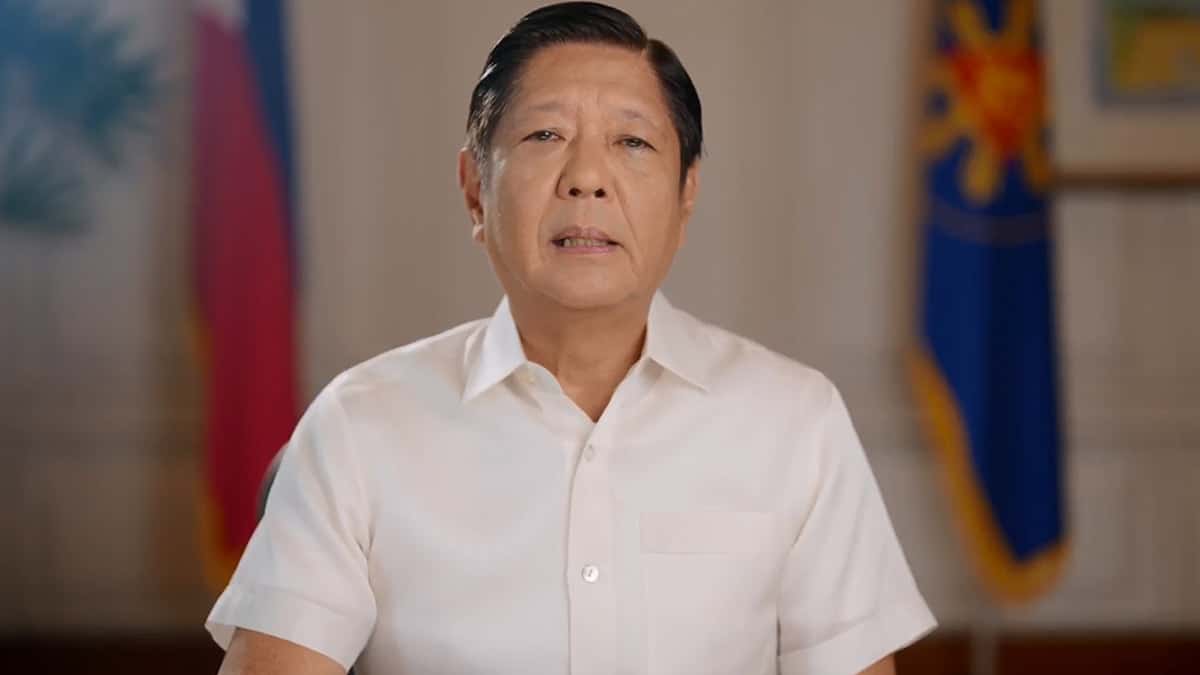Marcos grants P20,000 incentive to qualified gov’t employees

President Ferdinand Marcos Jr. —Screengrab from the Facebook page of the Presidential Communications Office
MANILA, Philippines — President Ferdinand Marcos Jr. has authorized the payment of a one-time P20,000 service recognition incentive (SRI) to qualified government employees.
Marcos granted the SRI payment through Administrative Order No. 27, which was signed by Executive Secretary Lucas Bersamin on Dec. 12, 2024.
“The administration recognizes all government employees for their collective and invaluable contributions to the government’s continuing efforts in pursuing the objectives, commitments, targets, and deliverables under the Philippine Development Plan 2023-2028 and the President’s 8-Point Socioeconomic Agenda,” the order reads.
READ: Marcos orders DBM, DepEd to provide higher SRIs for public teachers
The release of the payment will be made not earlier than Dec. 15.
Article continues after this advertisementUnder the order, the SRI will granted at a uniform rate not exceeding P20,000 for government employees so long as:
Article continues after this advertisement- The civilian personnel are occupying regular, contractual, or casual positions.
- The personnel are still in government service as of Nov. 30, 2024.
- The personnel have rendered at least a total of an aggregate of four months of satisfactory service as of Nov. 30, 2024, inclusive of services rendered under any of the alternative work arrangements prescribed by the Civil Service Commission.
- Employees have not received any additional year-end benefit in FY 2024 over and above the benefit authorized under Republic Act (RA) No. 6686, as amended by RA No. 8441.
Meanwhile, government employees who rendered less than four months of satisfactory service will be entitled to a pro-rated SRI:
- Three months, less than four – 40 percent of incentive
- Two months, less than three – 30 percent of incentive
- One month, less than two – 20 percent of incentive
- Less than a month – 10 percent of incentive
Workers excluded from the SRI grant revolve around non-permanent positions, specifically, consultants and experts engaged for a limited period to perform specific activities or services with expected outputs; laborers engaged through job contracts; student workers and apprentices; and individuals and groups of people whose services are engaged through job orders, contracts of service or others similarly situated.
The order also mandated the Department of Budget and Management (DBM) to issue supplemental guidelines to implement the order.














